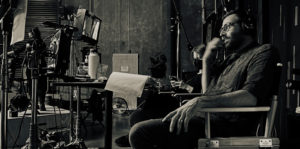
My nine-year-old daughter, who was in the room with me during editing, thought Salome was the director and even questioned me about it. So, there’s something about honesty in opening the entire process, which removed the conventions about the suspension of disbelief and also about creating on-screen identities. That further improved the intellectual honesty around the film’s subject, concerned with the conflict of identities. Ultimately, breaking that bubble and construction is the point of it all. Probably that’s why we had 260 hours of footage in the beginning.
Mousa, do you think Yes Repeat No, though in conversation, helps put out the Palestinian side of the conflict in detail and explore that common people are being affected?
Mousa: I feel both sides are equally debating the situation. I don’t think one side is louder than the other. You know, Karim brings much passion to this film through the Israeli perspective as much as I do through the Palestinian perspective. Honestly, I am glad that the film is out there and that we got a chance to explore this debate. But it’s so early in viewership that I don’t know how people react to it like yourself. There are still festivals we are about to go into. I am excited for the conversation to be open and for more people to know about the Palestinian side and the hardships that they go through. There isn’t anything about the film that I regret doing. I am very proud of my and everyone else’s work, and it’s getting out there.
Were there any uncomfortable moments when you were shooting and rehearsing because the conversation in the movie has a small tendency that may lead to tension?
Michael: I think yes. There were a few moments where Braxton, Sarah, and I thought, “Should we take a pause? Should we stop rolling? And I am kind of curious how Salome felt about it because she is also a third person in this narrative, acting as only an observer. Do you remember any such thing, Salome?
Salome: Yeah. I remember you guys pushing each other to lengths and getting passionate. But it was challenging to figure out whether it was real or if it was you guys taking your performance to another level. Because there immediately were moments where you all were just laughing. So, it got a bit confusing at times.
Karim: I did it on almost every take and needed to remind myself not to do it all the time. But it was really comfortable to work that in. Even I was sometimes suggesting to Adam to crank it up. We may be looking for that intimacy, provocations, and exchanges as much as possible to experience each other as people, extending beyond just performers. It’s like having one crazy day on set. And that’s the beauty of this work – getting this real closeness.
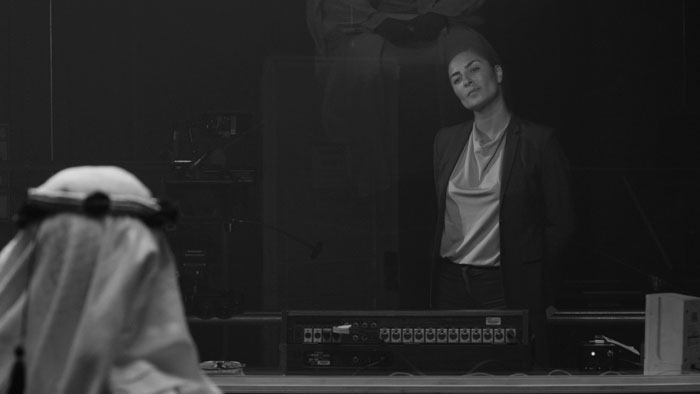
“…he was trying to break away from the pain of the past, the conflict. But also bring forth freedom…”
Sarah: I feel the pandemic made us closer because we were forced to remain within a small group. And since we weren’t around many people during that time [the shutdowns], it brought us closer and has made this project a part of our DNA. This is my first time working on a project as long as this one. I mean, I love you guys. You’re really important to me. I never in my life thought that we’d get a review like the one you wrote. You wrote a review that understood what we were trying to express in a way that basically is my drug of choice. It’s like magic, and I hope it continues to happen. And I hope to stick around with this group.
Salome, I couldn’t help but notice the tattoos on your wrist. If I am not intruding in a personal space, the press material says you identify as an atheist. And you come from Iran, with its own wave of political change and protests. Though the movie is specifically about the Israel-Palestinian conflict, as an observer, even I relate or resonate with our personal notions, experiences, etc., associated with the politics of it all. At any point during the film, you felt that for yourself.
Salome: Well, yeah. Women. Lives. Freedom [referencing a quote on her shirt] – that’s what the protest in Iran is about. I have always been an advocate for the oppressed. I am not an atheist, but you can say that I am anti-religion because I view religion as a source of conflict. It’s creating wars and death, and I have a problem with those man-made, biased aspects of them.
And yeah, there was a moment when the film referenced Iran, which triggered me because of my issues with religious extremism. And then, I discussed it with Michael and calmed my emotions. We did the shot again, and I probably didn’t manage to bring it down as I probably should have. But my role was to be neutral and keep it all together, so it wasn’t my position to bring anything personal into the character.
And in the end, I decided that my part was of a God—a concept more than a human.
Sarah: Interestingly, there is one character written as a concept that a woman plays. A large part of the conflict in the discussion is also about gender and gender roles. Even Juliano was assassinated because he cast male and female actors for plays and made them act together by the side, which was unacceptable on either side. And hence, we knew that the character couldn’t be a man.
I’ll wind up with one final question for you all. Karim answers Salome’s question in the film with a very thought-provoking line: “I would teach the children the history of our future instead of the history of our past.” What does this sentence mean to all of you?
Karim: It’s a quote by Shimon Peres. He explains how his people’s survival depended on the land, so they fought for it and emphasized the necessity of transcending that kind of conflict. In a sense, he describes a post-agricultural and post-territorial future. For instance, in a future where we deal with information, we move out of the necessity to fight for an inch of land. And hence, simultaneously, he is explaining the root of the conflict [that is, territory]. He humanizes the issue by pointing out that somatic behavior in need of such political problems is the same as it has been historically. So, Peres is probably claiming that we might have outgrown the obsolete need for territorialism and that looking for someone to blame and impose guilt, it just complicates the whole scenario.
Michael: And yet, to someone, who has experienced the trauma, and I agree with Karim here, it is yet, insensitive to tell them just to move on. It’s the same thing that has happened to indigenous people in the US and Canada. So, I feel that that phrase has multiple meanings, and many probably aren’t agreeable. That is how I see it. How do you process trauma? How do you get past that? How do you resolve it? That’s the dilemma.
Salome: Though it now dawns upon me what Michael means, to me, I believe that he was trying to break away from the pain of the past, the conflict. But also bring forth freedom, liberation, and future possibilities for children. Because horrible things have happened, holding on to that may create more trauma and war. So, maybe that’s why I didn’t see it, as Michael just pointed out. But I still see it as looking towards the future.
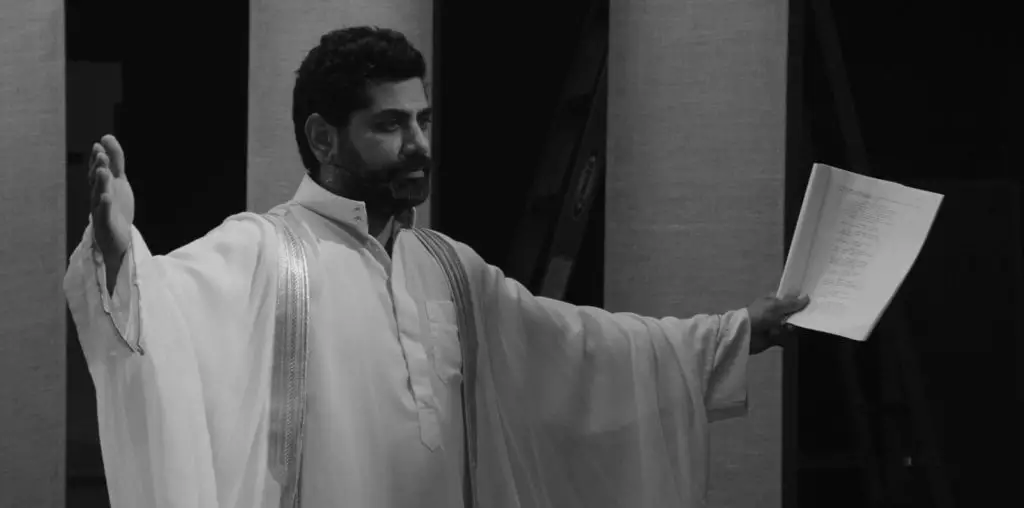
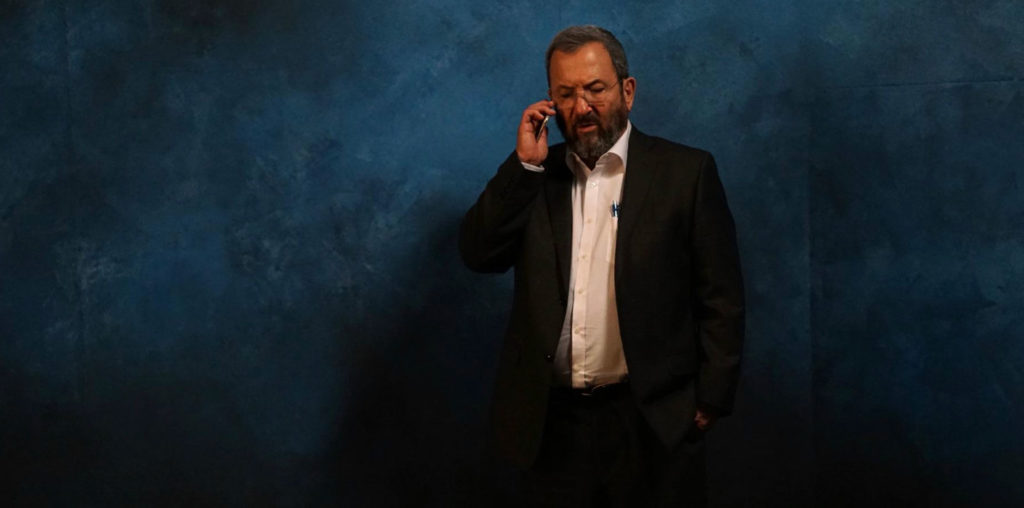
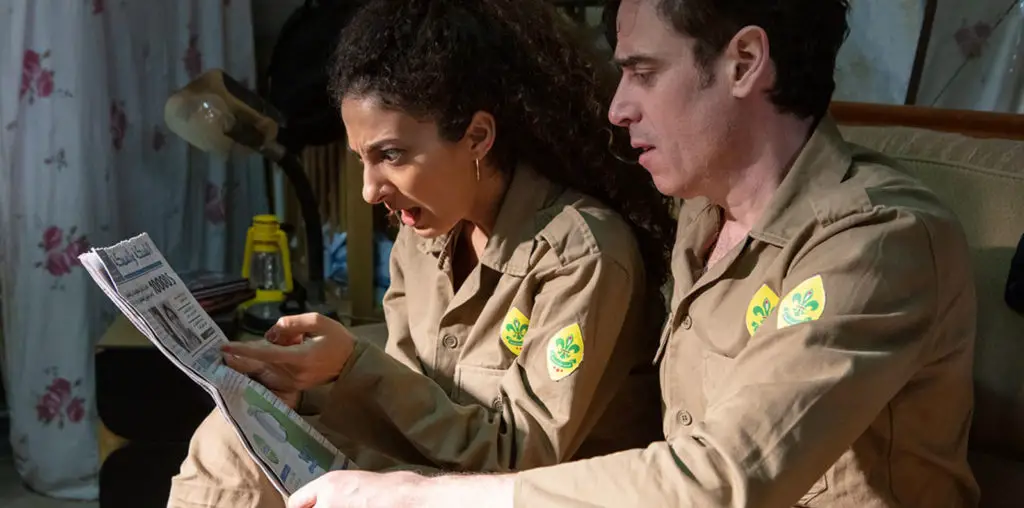
[…] Source link […]